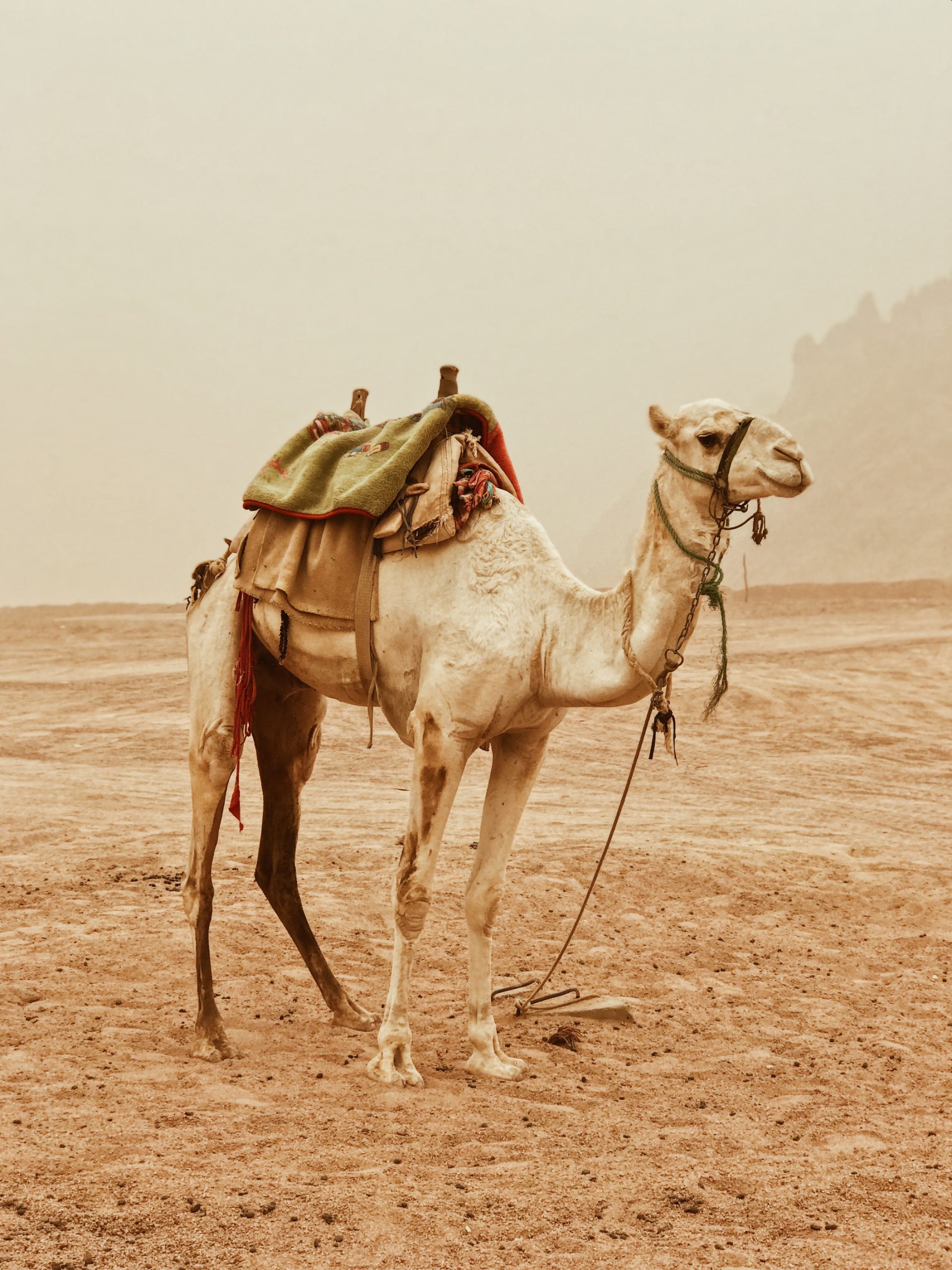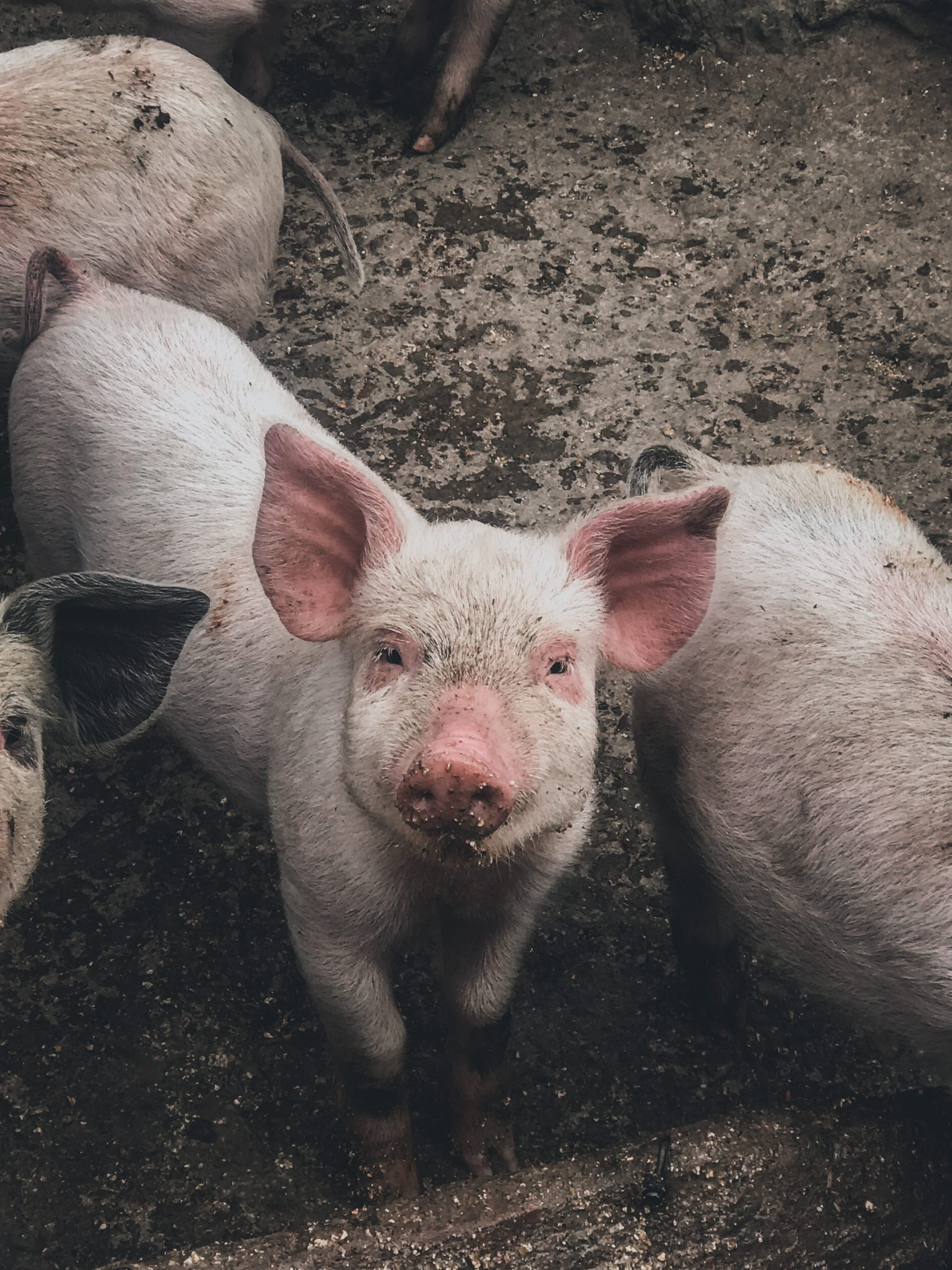When most people think of camels, they picture them wandering across the desert, their humps silhouetted against the blazing sun. But camels are more than just desert animals. They are an integral part of many cultures and play important roles in the economies of countries around the world.
One of the most important roles that camels play is as a source of transportation. In many parts of the world, camels are still used to carry goods and people across long distances. Their ability to go for long periods without water and their ability to traverse difficult terrain make them ideal for this purpose. In addition, camels are relatively low-maintenance animals, which makes them an affordable mode of transportation for people living in rural areas.
But camels are also used for their milk, meat, and wool. Camel milk is a nutritious food source that is high in protein, vitamins, and minerals. It is also lower in fat and lactose than cow’s milk, making it a good option for people who are lactose intolerant or who are looking to reduce their fat intake. Camel meat is a delicacy in many parts of the world and is prized for its unique flavor. And camel wool is highly prized for its softness and warmth.
In addition to their practical uses, camels also have cultural significance in many parts of the world. In the Middle East, for example, camels are seen as a symbol of wealth and status. They are often featured in traditional art and are even mentioned in the Quran. In India, camels are a common sight during festivals and are used in traditional dances and parades. And in Africa, camels have played important roles in the cultures of many indigenous tribes for centuries.
Despite their importance, camels face many challenges. Habitat loss, overgrazing, and climate change are just a few of the threats facing camel populations around the world. In addition, the global COVID-19 pandemic has had a devastating impact on the economies of many countries that rely on camels for transportation and food.
But there is hope. Organizations around the world are working to protect camel populations and promote sustainable camel husbandry practices. In addition, there is growing interest in the health benefits of camel milk, which could help to create new markets for camel products.
In conclusion, camels are more than just desert animals. They play important roles in the economies and cultures of many countries around the world. From transportation to food to traditional art, camels are an integral part of many societies. As we face the challenges of the 21st century, it is more important than ever to recognize the value of these remarkable animals and to work to protect them for future generations.










